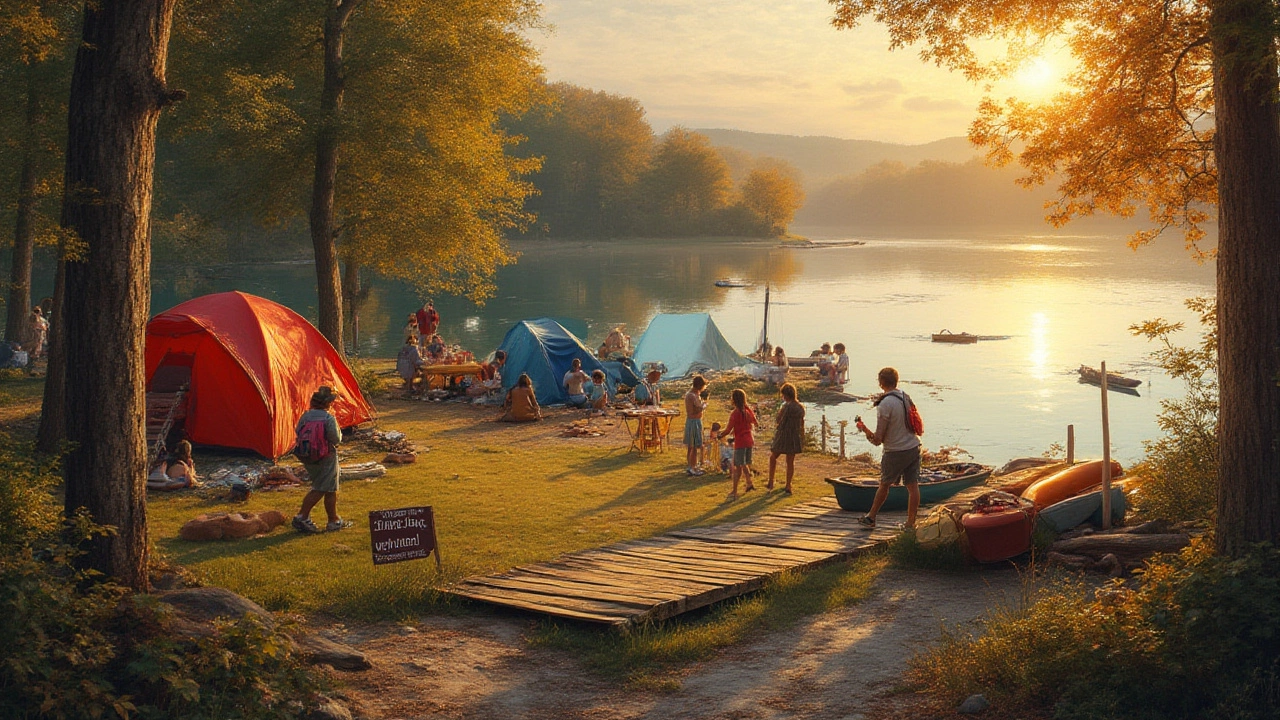Virginia Campsites: Your Quick Guide to the Best Motorhome Spots
If you’re planning a motorhome road trip through Virginia, you’ll want clear info on where to park, what amenities to expect, and how to book without a headache. Below you’ll find the top regions, must‑know campsite features, and simple tricks to make every night comfortable.
Where to Camp – Top Virginia Regions
Virginia’s landscape varies from mountain peaks in the west to coastal bays in the east. In the Shenandoah Valley, look for campgrounds near Skyline Drive; they offer stunning vistas, fire pits, and easy access to hiking trails. The Blue Ridge Mountains host sites like Douthat State Park, where you’ll find full hookups, fresh water, and a pet‑friendly policy.
Heading east, the Tidewater area provides waterfront spots near the Chesapeake Bay. Places such as Bay Creek Resort let you plug in, enjoy dock access, and grab fresh seafood at nearby markets. If you love history, the Williamsburg vicinity has campsites close to Colonial Williamsburg, giving you a mix of education and relaxation.
What to Expect From Virginia Campgrounds
Most campgrounds in Virginia offer at least electric (30‑amp) and water hookups. Look for sites that list "full hookups" if you need sewer connections for your motorhome. Many parks also provide dump stations on‑site, which saves you a detour to a waste facility.
Facilities vary, but you’ll typically find clean restrooms, hot showers, and laundry rooms. Some upscale locations add Wi‑Fi, a small convenience store, and organized activities like guided hikes or kayak rentals. If you’re traveling on a budget, state parks usually charge lower fees and still deliver solid amenities.
Reservations are highly recommended during peak seasons (May‑September). Use state park reservation systems or popular campsite apps to lock in a spot early. For last‑minute stays, check weekday availability—many sites have open spots on Tuesdays and Wednesdays when weekend crowds thin out.
Don’t forget to pack a few essentials: a level surface for your motorhome, a water hose with a quick‑connect adapter, and a portable waste tank if the campground doesn’t have a dump. A basic tool kit and spare fuses can also save you from minor breakdowns on the road.
Finally, respect local rules. Most Virginia campsites require quiet hours after 10 pm and enforce fire bans during dry periods. Follow the "Leave No Trace" philosophy—pick up litter, use designated trash bins, and keep the surrounding nature pristine.
With these pointers, you’ll feel confident choosing a Virginia campsite that matches your style, whether you crave mountain solitude, beach breezes, or historic charm. Happy travels, and enjoy the freedom of the open road!
Burke Lake Camping Costs: Fees, Tips, and Everything You Need to Know
Find out exactly how much it costs to camp at Burke Lake, Virginia. Get details on fees, reservations, tips to save money, and what you can expect at this popular lakeside campground.
